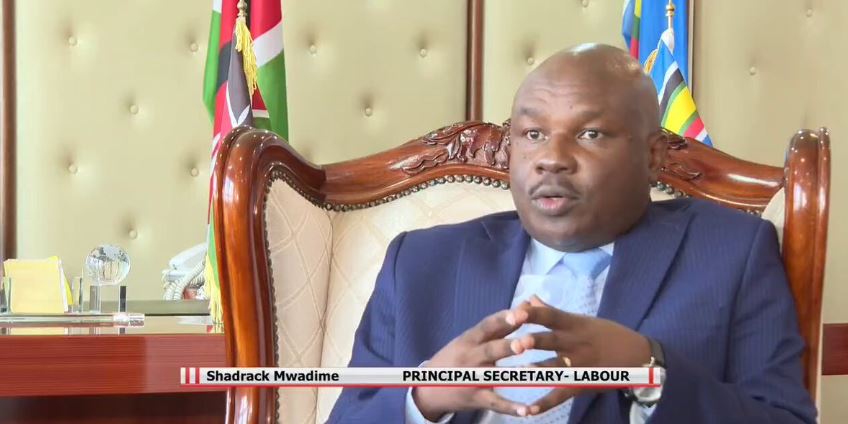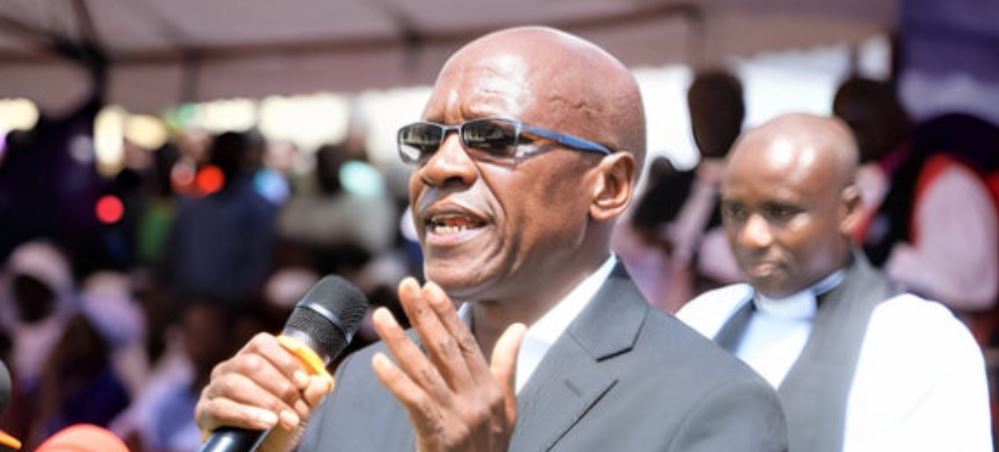
This initiative, aimed at providing low-cost housing and enhancing infrastructure like roads, water and sanitation, marks a pivotal step in addressing the challenges faced by these communities.
Contribution Breakdown and Donor Information
- * World Bank: A contribution of $150 million, equivalent to approximately Sh24.1 billion.
- * French Development Agency: An additional 43 million Euros, translating to about Sh7.6 billion.
The funding is set to cover critical areas such as infrastructure improvement, water supply, lighting, and social inclusion across 33 counties in Kenya.
The upgrades will be implemented under the aegis of the Second Kenya Informal Settlement Improvement Project (KISIP2), a program conceived by the World Bank.
The project’s design focuses on enhancing land tenure security, along with improving essential services like roads, drainage, pedestrian pathways, and water connections.
Explaining the project’s aims, KISIP National Project Coordinator George Arwa emphasized its significance.
“Urban population in developing countries like Kenya is increasing at an alarming rate. By 2020, Kenya had witnessed close to 7.6 million proportion of urban population living in slums while in Sub-Saharan Africa, it is estimated that more than 230 million urban populations currently live in informal settlements. The numbers keep bulging on a daily basis,” Mr Arwa stated during an interview.
He further explained, “KISIP project seeks to supplement the national Government efforts to provide affordable housing and provision of crucial amenities. We are working with the county government leadership to ensure the residents in the identified informal settlements schemes benefit,” thereby highlighting the collaborative approach of the project.
Apart from infrastructure development, KISIP2 also aims to connect beneficiaries to socio-economic opportunities.
This aspect of the project underscores its holistic approach to uplifting living standards in informal settlements.
Capacity Building for National and County Governments
Another key component of the project involves empowering national and county governments.
The focus is on building their capacity to develop and implement effective slum upgrading and prevention policies and strategies, ensuring sustainable development and management of informal settlements.
The injection of this funding and the subsequent implementation of KISIP2 represent a visionary step towards addressing the growing urbanization challenges in Kenya.
By focusing on key areas such as housing, infrastructure, and social inclusion, the project is poised to make a lasting impact on the lives of millions living in informal settlements.








